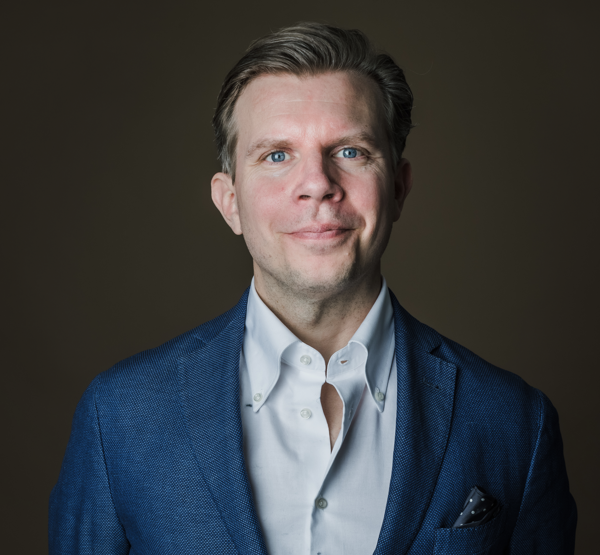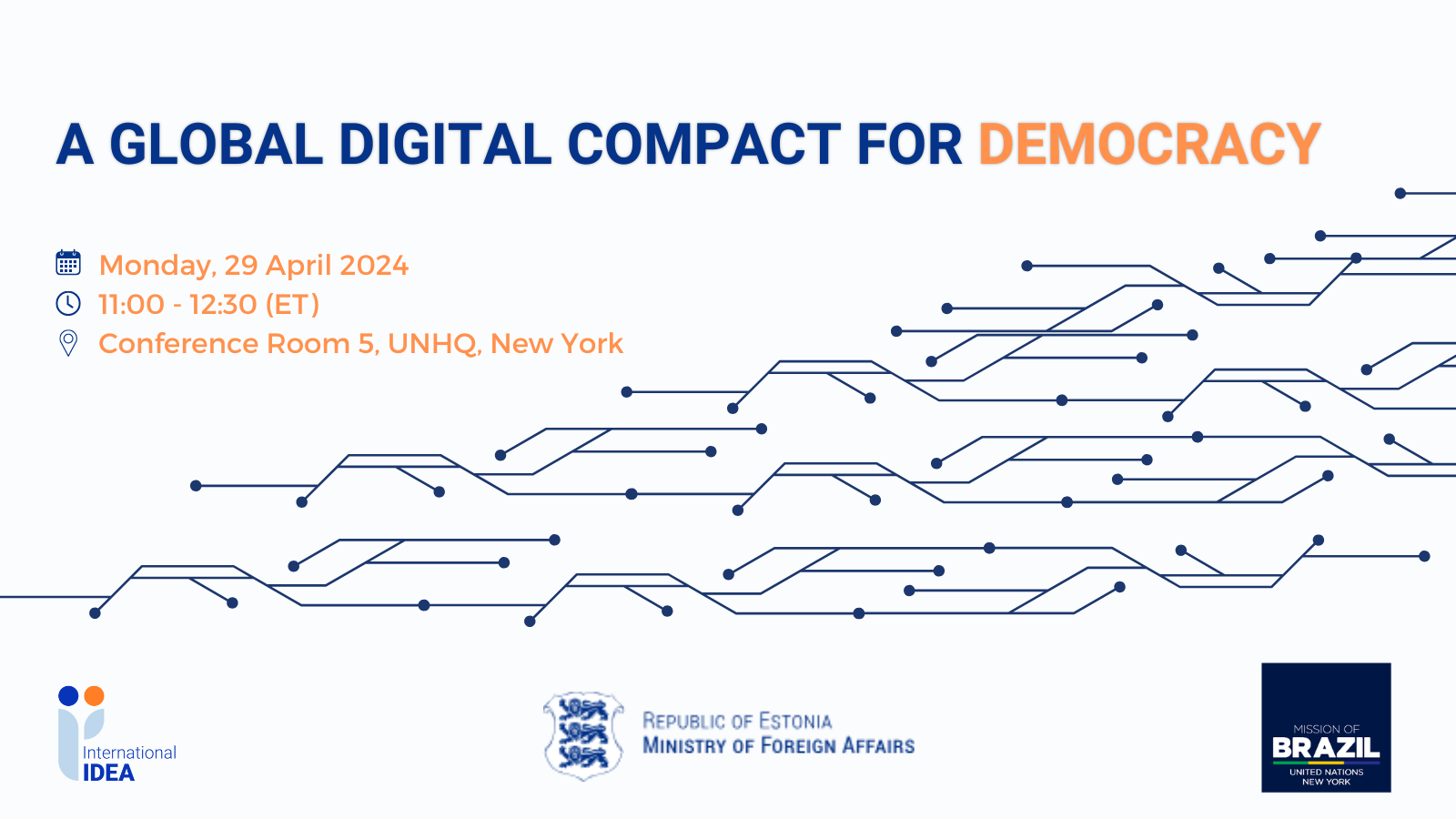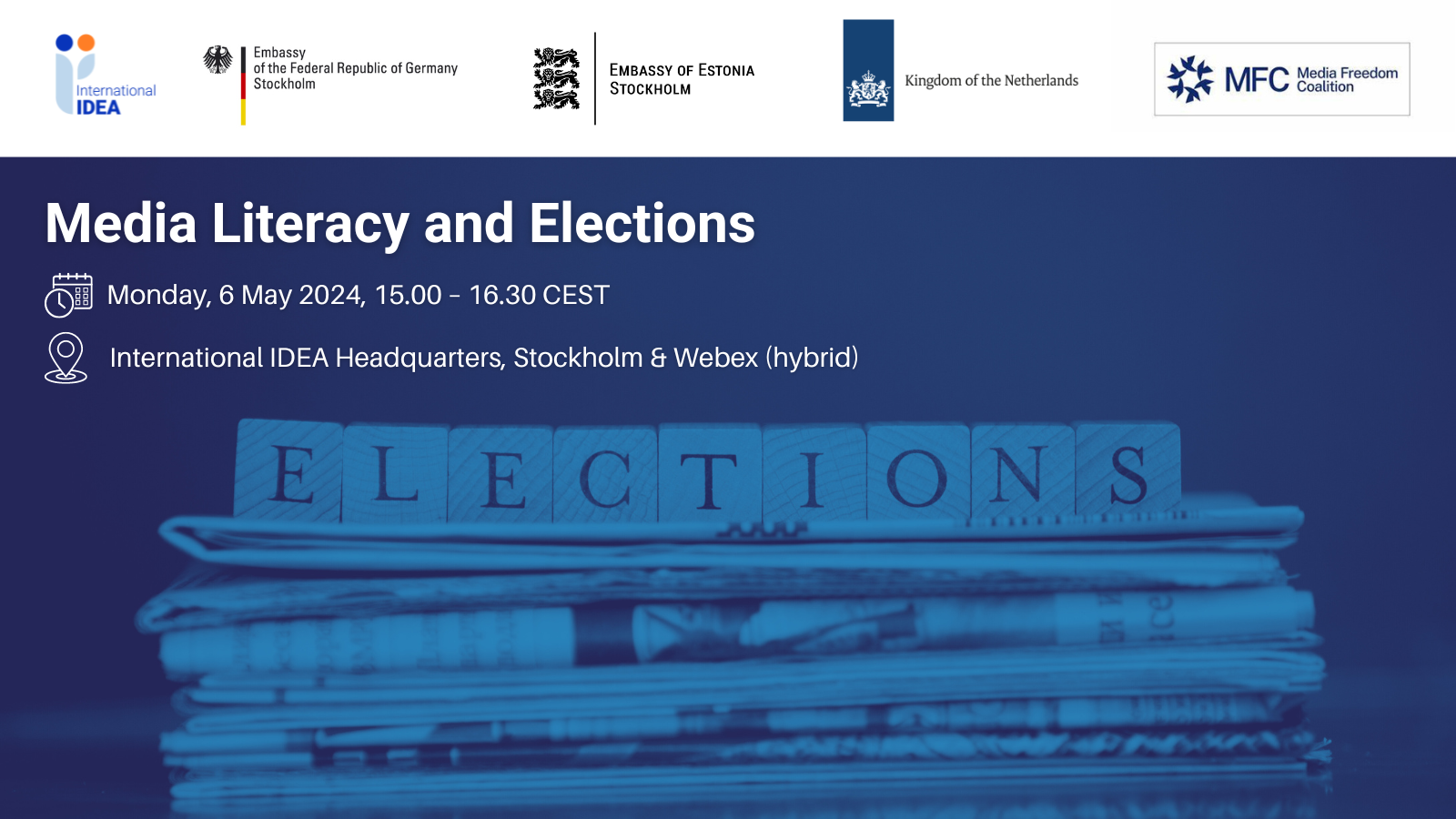Top tips for diplomats: Democracy and elections
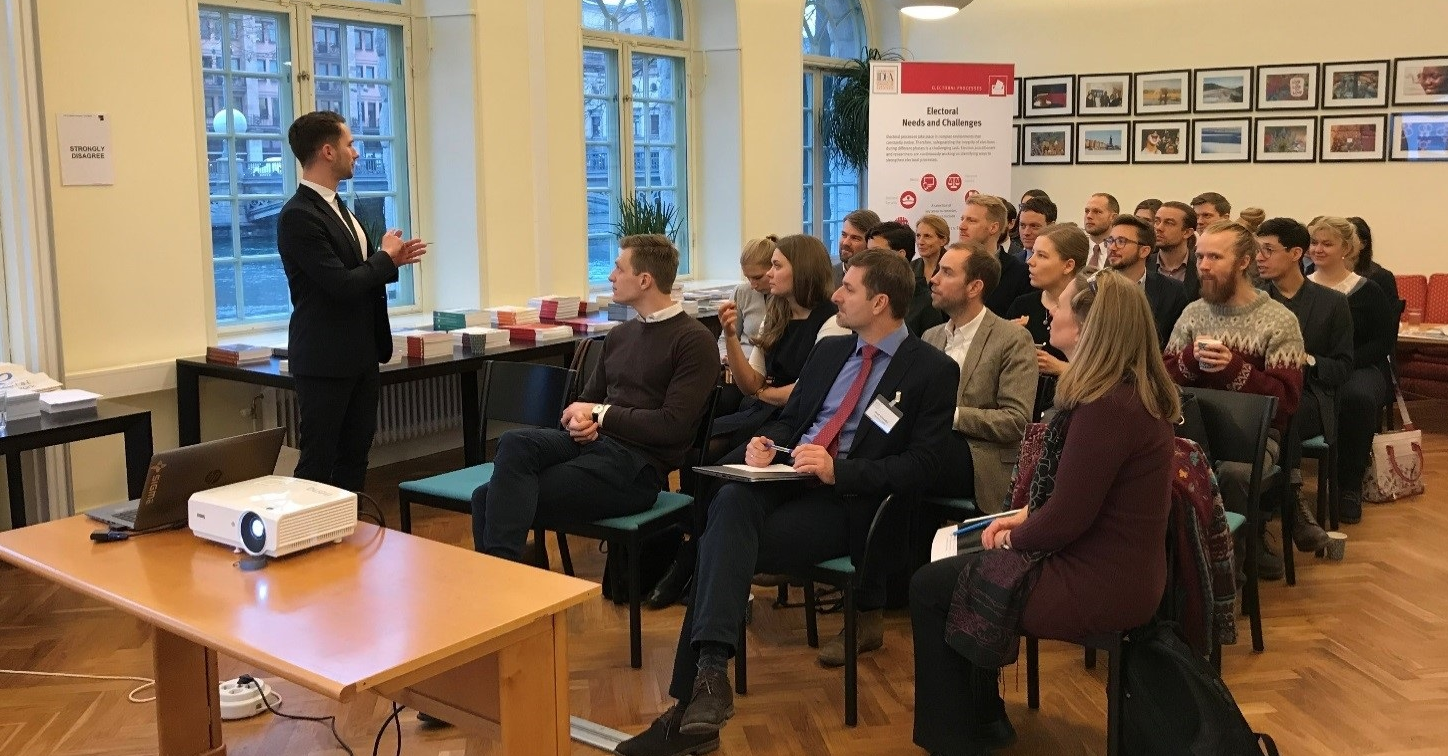
On 11 January, International IDEA and the Swedish Ministry for Foreign Affairs (MFA) organized a joint event to familiarize participants - from the MFA Diplomatic Training Program and the European Diplomatic Programme (Croatia, EU delegation)—with the key concepts, opportunities and challenges involved in the democracy support and electoral assistance agenda.
Recognizing that all diplomats will have elections in their portfolio at some point in their career, whether as part of development cooperation, for political reporting purposes, or as an interested party (for example in peacebuilding processes), Senior Programme Manager Therese Laanela offered her 'top tips' for diplomats.
She first explained that there are no perfectly organized elections. Elections are inherently complex undertakings, involving legal, operational, technical, political, security and other processes. This means that human or technical errors are often inevitable, rather than deliberate or conspiratorial. It also means that there is little room for complacency. Long-term, sustainable and integrated solutions to electoral challenges should be favored over simplistic solutions that might provide immediate ‘good news story’ for the public.
She recommended thinking critically about any ‘quick fixes’ to electoral challanges that are on offer. Rather than getting involved 6-months prior to an election, she urged participants to “think three electoral cycles ahead” in development cooperation. Not only does electoral administration require extremely detailed planning and preparation, but also, the stakeholder consultation and 'buy-in' that is critical to trusted processes is work that takes time.
Finally, Laanela noted that elections do not take place in a vacuum. They are rooted in particular social, economic and political contexts. Electoral assistance should carefully consider the appropriate timing and sequencing of elections, as well as the legal and institutional frameworks for the conduct of elections, in light of the given context.
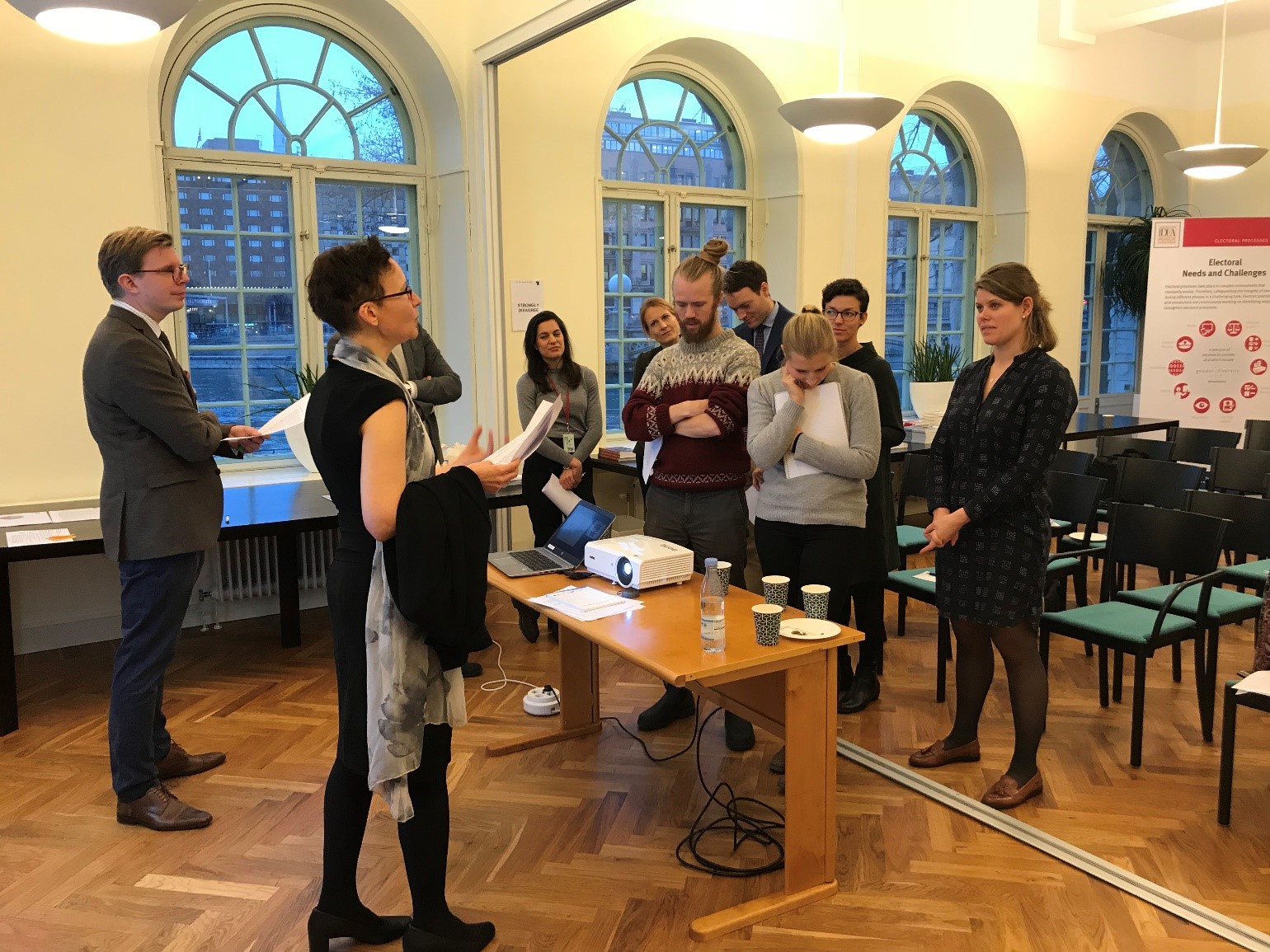
Expanding on this point, International IDEA Senior Programme Office, Sead Alihodzic, provided three key learnings related ot elections and conflict. The first, that elections can exasperate deeply rooted social and political issues and result in election-related violence. The second, that election-related violence can be triggered at any time during the electoral cycle. And the third, that there are a range of options for preventing and mitigating election-related violence. Participants discussed the motivations that different stakeholders may have to resort to election-related violence, how international development efforts may be undermined by electoral violence, and how to assist societies at risk in dealing with these challenges.
In a breakaway session on‘the Democracy Agenda’ facilitated by Programme Officer, Melida Jimenezand Senior Programme Officer, Brechtje Kemp, participants thought of ways to overcome some of the critical challenges to democracy, such as corruption, money in politics and policy capture, inequality and social exclusion, migration and post-conflict transitions, and to develop a global democracy agenda for action.
"The workshop was useful, interesting and relevant and extremely professional and well planned” - Ambassador Charlotta Sparre, Head of the Diplomatic Training Programme, MFA Sweden.
